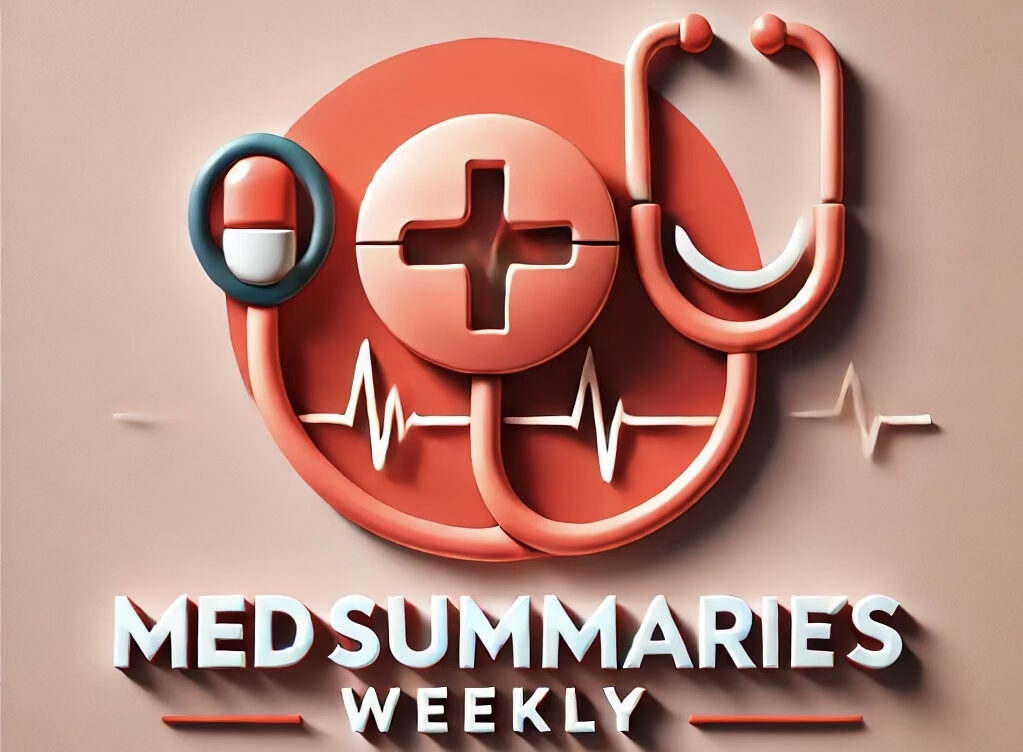Cerebral Oximetry Monitoring in Preterm Infants
Primary research question
Does cerebral oximetry monitoring in the first 72 hours after birth reduce death or severe brain injury at 36 weeks' postmenstrual age in extremely preterm infants?
Study design
Randomized, phase 3 trial
Population
- Number of patients studied: 1601
- Inclusion criteria: Extremely preterm infants (gestational age, <28 weeks), within 6 hours after birth
- Exclusion criteria: Not specified
Interventions
- Experimental group: Treatment guided by cerebral oximetry monitoring for the first 72 hours after birth
- Control group: Usual care
Primary outcome
Composite of death or severe brain injury on cerebral ultrasonography at 36 weeks' postmenstrual age
Secondary outcomes
Death, severe brain injury, bronchopulmonary dysplasia, retinopathy of prematurity, necrotizing enterocolitis, and late-onset sepsis
Safety outcomes or Adverse Events
One or more serious adverse events occurred in 85.1% of infants in the oximetry group and 86.5% of infants in the usual-care group. Four serious adverse reactions, all severe skin injuries, occurred in the oximetry group.
Conclusion
Treatment guided by cerebral oximetry monitoring for the first 72 hours after birth was not associated with a lower incidence of death or severe brain injury at 36 weeks' postmenstrual age than usual care.
